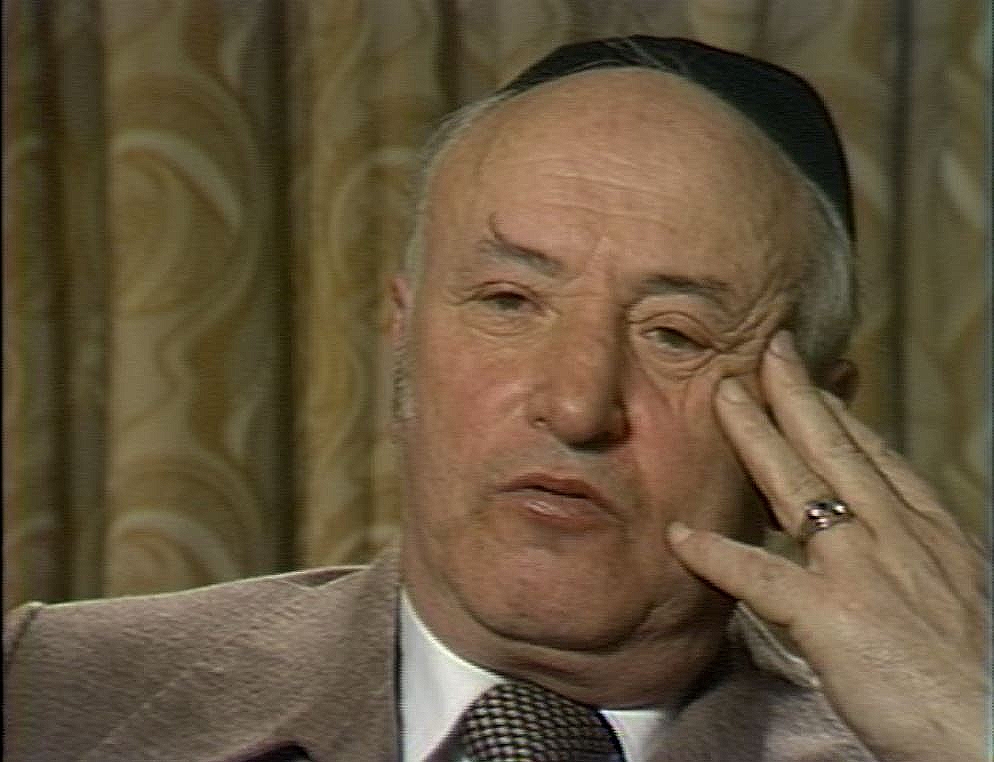
Harry Hecht was born to an Orthodox family in 1921 in Ruscova, Romania. Ruscova was a small predominantly Jewish town. Harry’s father was a shoemaker, while his mother looked after the household and the children. Harry’s family was poor but his mother spent what little money they had on the children’s education. When he was about 16, Harry became a tailor.
After the Hungarian occupation of part of Romania in 1940, the situation of the Jewish community deteriorated greatly. Anti-Jewish measures were introduced and when Harry, 21, was drafted for compulsory military service in 1941, he was put in a forced labour unit and not in the regular army, because he was Jewish. The Jewish conscripts did not get uniforms and were given no arms.
His unit was stationed first in a forced labour camp near the Austrian border, where they worked 10 hours a day, 7 days a week in the forest. In 1943, his unit was transferred to Tarnopol, Ukraine where they dug trenches to stop the Soviet advance. In the spring of 1944, the forced labourers walked over 1,000 kilometers back to a town near the Austrian border.
From there Harry was sent to the Mauthausen concentration camp. Conditions in the camp were very difficult. The inmates had no clothes, they slept on the floor and got very little food.
In April 1945 they were forced on a death march to the Gunskirchen concentration camp. Harry was liberated there on May 4, 1945 by the American army.
After liberation he stayed in Austria and worked as a tailor for three years. He immigrated to Canada in 1948, when the country specifically sought immigrants who were tailors. Harry settled in Ottawa where he still lives.
